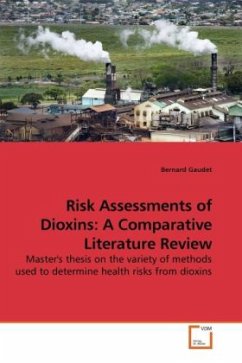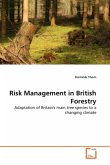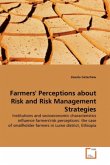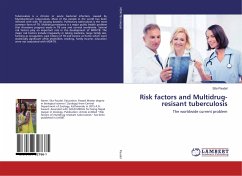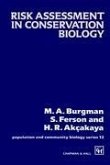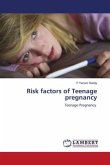Characterizing the risks associated with low-dose exposure to dioxins has remained a matter of considerable research, discussion, uncertainty and controversy over the years. In each of the components for assessing risks, hazard identification, exposure, dose-effect determination and risk analysis, a wide array of assumptions are employed due to data gaps or present limitations in scientific knowledge. A critical review of the literature was undertaken to examine the state of the art in dioxin risk assessment in order to identify areas where more research is warranted and to propose alternative approaches for evaluating dioxin risk. Areas of particular concern include: limited and variable data on source emissions to land and water; contamination of the food chain; the use of animal models and, conversely, ambiguous epidemiological results to assess human health risk.
Bitte wählen Sie Ihr Anliegen aus.
Rechnungen
Retourenschein anfordern
Bestellstatus
Storno

